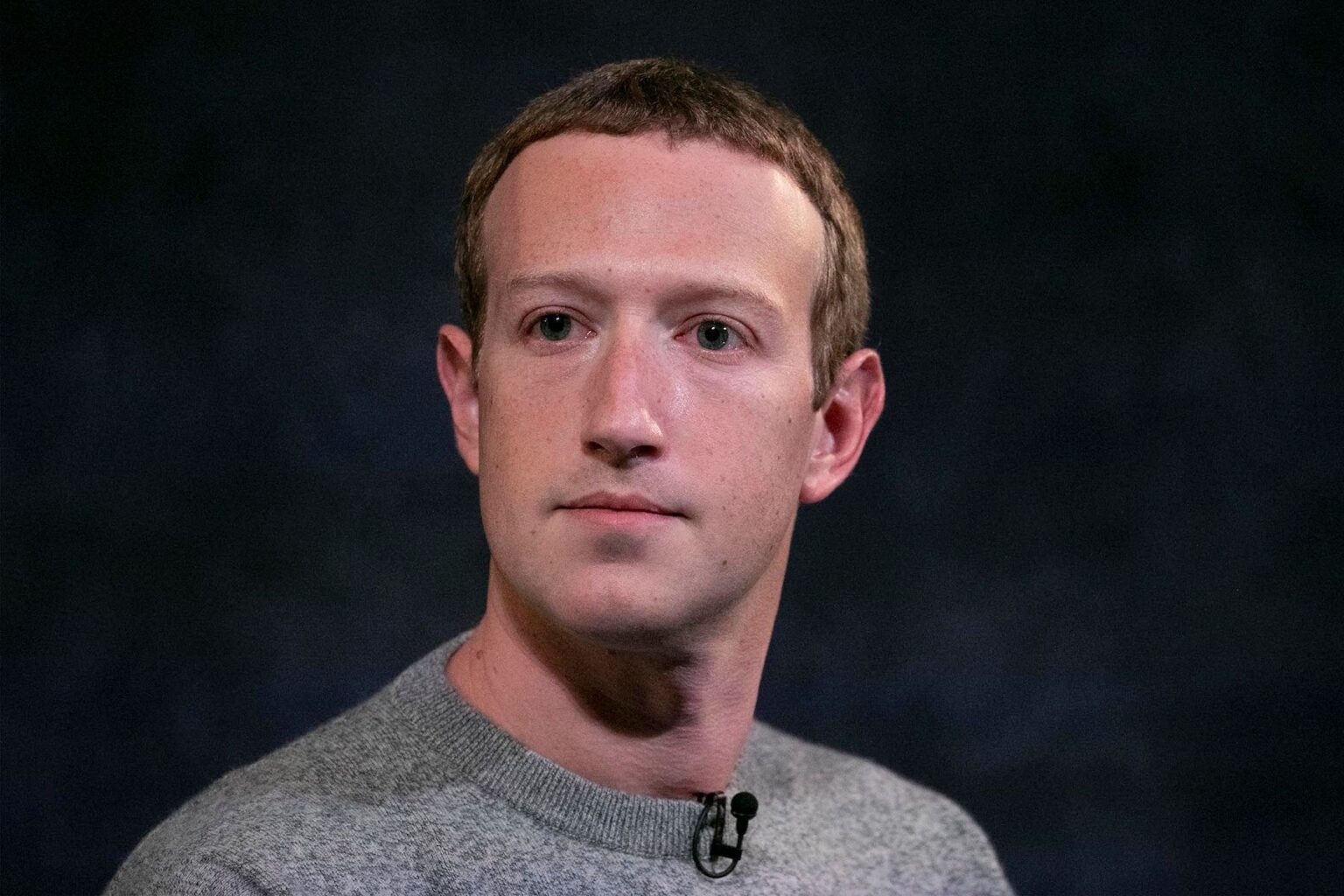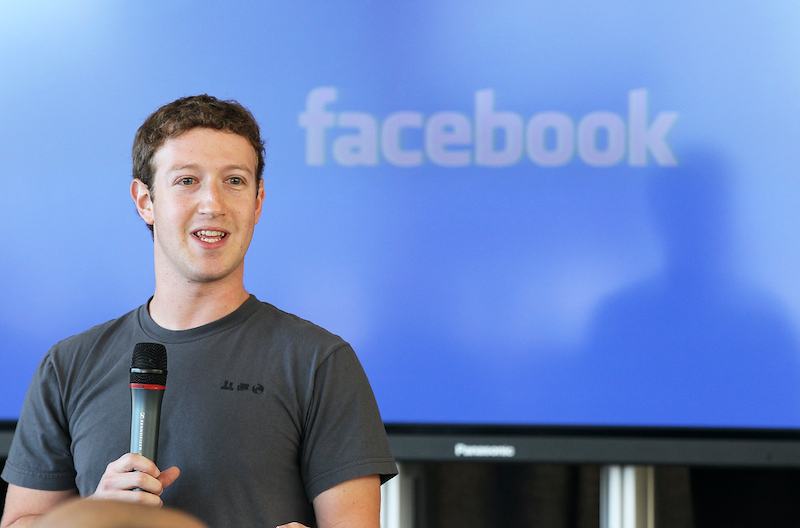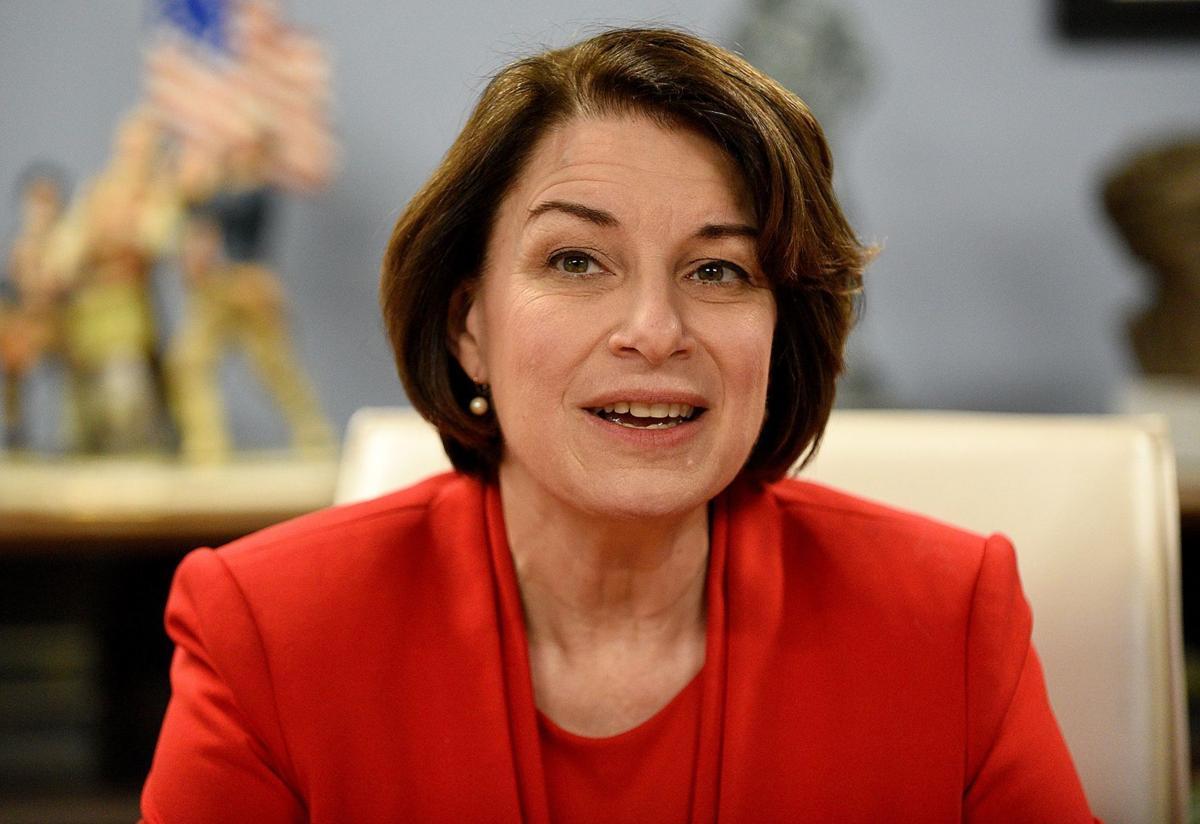
Facebook merging Instagram and Whatsapp: Look at their power play
Facebook is facing two new antitrust lawsuits. One is from the Federal Trade Commision and the other is from forty-eight state attorneys general from forty-six states. They are suing the social media company because they want Facebook to break up from photo-based social media platform Instagram and encrypted messaging service WhatsApp.
Facebook bought Instagram in 2012 and WhatsApp in 2014. This year, plaintiffs in the lawsuit accused Facebook of buying out its competition. Facebook’s acquisitions of WhatsApp & Instagram both got regulatory approval, but now the decision seems to be rolling back. The lawsuits alleged Facebook’s acquisition of the two other platforms caused “anti competitive conditions” on software developers.
To solve the problem, the suits request Facebook seek a “divestiture of assets”. This means Instagram & WhatsApp would no longer be part of Facebook. These suits also mean Facebook might need to get government approval before any future mergers or acquisitions take place.

Coalition of attorneys general
Facebook co-founder and Chief Executive Officer Mark Zuckerberg announced in 2019 that he would push for Instagram, Facebook, and WhatsApp to talk to one another, which is called “interoperability.” This would mean Facebook users could message people on Instagram and WhatsApp without needing to leave the Facebook app.
The coalition of attorneys general who are suing Facebook began the investigation into the company in September of that year. Then, the FTC joined them. The attorneys general are from forty-six states plus Washington D.C. and Guam. The only states not taking part are Alabama, Georgia, South Dakota, and South Carolina.
In September of this year, Facebook began officially integrating the three apps.

Facebook’s response to the lawsuits
Facebook didn’t stay silent after action was taken with the lawsuits. Jennifer Newstead, Facebook’s Vice President and General Counsel, published a statement on Dec. 9 about the lawsuits.
“Lawsuits filed by the FTC and the State Attorneys The Federal Trade Commission and state attorneys general today attack two acquisitions that we made: Instagram in 2012 and WhatsApp in 2014,” said Newstead. “These transactions were intended to provide better products for the people who use them, and they unquestionably did. Both of these acquisitions were reviewed by relevant antitrust regulators at the time.”
Newstead continued by saying: “the agency is saying it got it wrong and wants a do-over.” She called the decision to sue “revisionist history” and “simply not how the antitrust laws are supposed to work.”

How Facebook grew Instagram & WhatsApp
In the statement, Newstead explained how Facebook grew both Instagram & WhatsApp, making them completely different from when they first bought them. She says when Facebook bought Instagram, the app had about two percent of the users it has now and only thirteen employees. Now, the app has over a billion users worldwide.
Before Facebook acquired WhatsApp, Newstead said the app required a subscription fee and wasn’t very popular in the U.S. She said Facebook made the app free and incorporated new features, all of which she said benefits the consumers who use the app.
“We have operated and continue to operate in a highly competitive space. Our acquisitions have been good for competition, good for advertisers and good for people,” said Newstead. “We look forward to our day in court, when we’re confident the evidence will show that Facebook, Instagram and WhatsApp belong together, competing on the merits with great products.”

Amy Klobuchar’s response to the lawsuits
Senator Amy Klobuchar is a member of the Subcommittee on Antitrust, Competition Policy, and Consumer Rights. In an interview with Business Insider, she agreed with the FTC’s & attorney generals’ decision to sue Facebook.
“Numerous reports have brought Facebook’s long history of anti-competitive behavior to light. The company’s acquisitions of Instagram and WhatsApp have made the social media landscape less competitive and worse for users. Big technology companies like Facebook should not have free reign to impose their will on the market, and they must be held accountable when they attempt to do so,” said Klobuchar.
The FTC fined Facebook in July 2019 for $5 billion because of Facebook’s involvement in a Cambridge Analytica data breach. But these lawsuits could take time to conclude, and right now it’s just a waiting game to find out what happens next.



